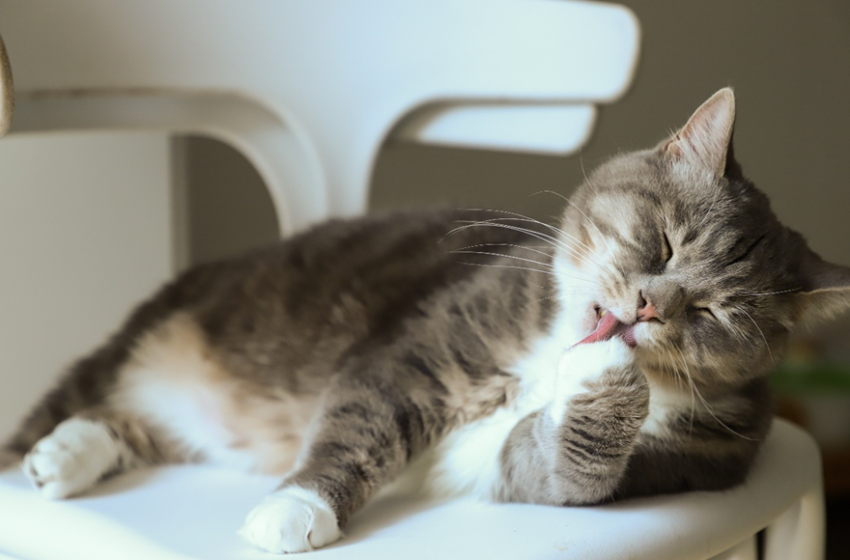Senior Pets: How to Care for Aging Dogs and Cats

Mypetpulse.com – Senior Pet care
As our pets age, they require extra care and attention to maintain their health and quality of life. Senior pets, just like senior humans, face a variety of health issues that can impact their daily routines and behavior. It’s important to be aware of these changes and adjust our pet care routines to accommodate their needs.
We’ll discuss how to care for aging dogs and cats, including tips on nutrition, exercise, and veterinary care.

Also Read: Unconditional Comfort & Love: The Emotional Bond Between Pets and Their Owners
- Understanding the Aging Process in Pets
As pets age, their bodies undergo many changes, just like humans. Their metabolism slows down, their immune system weakens, and their organs may not function as well as they used to. They may experience joint pain, dental problems, vision and hearing loss, and cognitive decline.
It’s important to recognize the signs of aging in pets and adjust our care routines accordingly. Some common signs of aging in pets include:
– Reduced activity level
– Changes in appetite and weight
– Joint stiffness or limping
– Decreased hearing or vision
– Increased thirst or urination
– Changes in sleep patterns
– Behavioral changes, such as increased anxiety or irritability
- Nutrition for Senior Pets

Proper nutrition is essential for senior pets. As pets age, their nutritional needs change. They may require fewer calories, more protein, and additional vitamins and minerals to maintain their health.
Some tips for feeding senior pets include:
– Feed them a high-quality, age-appropriate diet. Look for senior pet foods that are specifically formulated for their nutritional needs.
– Avoid feeding them table scraps or human food, which can be too high in fat and calories.
– Provide fresh, clean water at all times. Older pets may be more prone to dehydration.
– Monitor their weight and adjust their feeding routine as needed. Overweight pets are at risk for many health problems, including joint pain and diabetes.
- Exercise and Activity
Although senior pets may not be as active as they once were, it’s still important to provide them with regular exercise and activity. Exercise can help maintain their joint health, improve their mobility, and prevent obesity.
Some tips for exercising senior pets include:
– Take them for short walks or play gentle games that are appropriate for their age and physical ability.
– Consider using ramps or steps to help them climb onto furniture or go up and down stairs.
– Provide toys and puzzles that encourage mental stimulation and keep them active.
- Veterinary Care
Regular veterinary care is essential for senior pets. As pets age, they may require more frequent check-ups and screenings to detect and treat health problems early.
Some tips for veterinary care for senior pets include:
– Schedule regular check-ups with your veterinarian. They can help monitor your pet’s health and detect any health problems early.
– Ask your veterinarian about age-appropriate screening tests, such as blood work, X-rays, and dental exams.
– Be aware of any changes in your pet’s behavior or health, and report them to your veterinarian promptly.
– Follow your veterinarian’s recommendations for preventive care, such as vaccinations and parasite control.
- Providing Comfort and Support
As pets age, they may require additional comfort and support to maintain their quality of life. Some ways to provide comfort and support for senior pets include:
– Provide a comfortable and supportive bed, especially if they have joint pain or arthritis.
– Provide warm blankets or heating pads to help keep them comfortable.
– Consider using non-slip flooring or rugs to prevent slips and falls.
– Provide regular grooming to keep their coat clean and healthy.
Conclusion
Caring for aging dogs and cats requires some extra effort and attention, but it’s worth it to ensure that they maintain their health and quality of life. By providing proper nutrition, exercise, veterinary care, and comfort and support, we can help our senior By providing proper nutrition, exercise, veterinary care, and comfort and support, we can help our senior pets age gracefully and comfortably. It’s important to be aware of the signs of aging and adjust our care routines accordingly, as each pet will have unique needs. Regular veterinary check-ups and preventive care can help detect and treat health problems early, and providing a comfortable and supportive environment can help alleviate any discomfort or pain associated with aging.
With proper care and attention, we can make the golden years of our pets’ lives some of their best.



5 Comments
Thanks for sharing. I read many of your blog posts, cool, your blog is very good.
Simply wish to say your article is as amazing The clearness in your post is just nice and i could assume youre an expert on this subject Well with your permission let me to grab your feed to keep updated with forthcoming post Thanks a million and please carry on the gratifying work.
I truly relished the effort you’ve put in here. The sketch is stylish, your authored material chic, however, you seem to have developed some anxiety about what you intend to deliver subsequently. Assuredly, I will revisit more regularly, akin to I have nearly all the time, in the event you maintain this rise.
I really enjoyed what you have accomplished here. The outline is elegant, your written content is stylish, yet you seem to have acquired a bit of apprehension over what you aim to convey next. Undoubtedly, I will revisit more frequently, just as I have been doing nearly all the time in case you sustain this upswing.
**revitag**
revitag is a daily skin-support formula created to promote a healthy complexion and visibly diminish the appearance of skin tags.